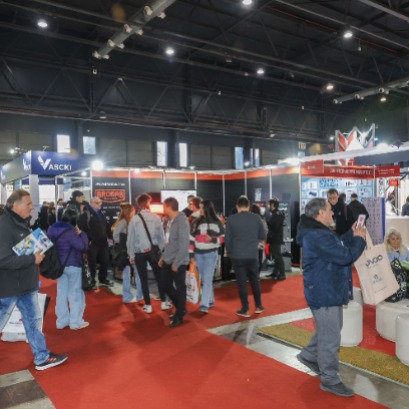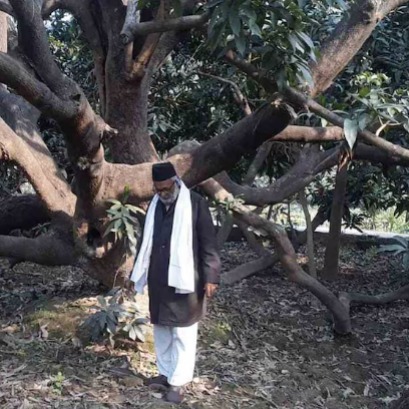
Specialist in scanner technology in the wood - processing industry
(Friesach/Carinthia, February 27, 2018) SPRINGER Group, a leading international technology supplier, has acquired a majority stake in Finnish company FinScan. A company with its head office in Espoo (Helsinki area) is a specialist in scanners and software for automated optimization of lumber in sawmills. FinScan has installed more than 400 scanners in over 20 countries around the world.
Timo Springer, CEO of SPRINGER-Group is pleased about the growth: With the majority stake in FinScan we extend our market product portfolio as an integrated technology provider for the wood-processing industry. From now, we have an extensive range of optimization systems in the wood-processing industry at our disposal and that way, we can expand our technological and innovative leadership. “We see good opportunities to grow and strengthen our position in the future together. We are looking forward to working together”,
“FinScan is very successful, has long time customers and has a clear portfolio of sophisticated scanner solutions at its disposal. Through the merger with SPRINGER we expect a further technological progress”, confirms Jyri Smagin, CEO of FinScan Oy, who will continue running the company at the same managing position.
Para mayor informacion: http://springer.vetas.com

IT MAY INTEREST YOU
 Batev 2025
Batev 2025
Innovation, design and sustainability, mark the new trends in the construction sector
 The 300 mangoes tree, the fruity wonder that grows in India
The 300 mangoes tree, the fruity wonder that grows in India
In Malihabad, a small town in the state of Uttar Pradesh, India, is a tree that defies the expectations of nature and horticulture. This specimen, with more than 125 years old, is capable of producing more than 300 different varieties of mango, an achievement that has captured international attention and has made its creator, Kalimullah Khan, a figure recognized in the agricultural field. As reported by The Better India, this tree is the result of decades of work, experimentation and dedication by Khan, who began his project in 1957.
 Argentines, Brazilians and Uruguayans with a common goal: they verified that forest improvement with DNA studies can be accelerated and without the need to go to the field
Argentines, Brazilians and Uruguayans with a common goal: they verified that forest improvement with DNA studies can be accelerated and without the need to go to the field
The genetic improvement of animals and plants is a process as silent as extensive. Especially in the case of trees, which can take decades to express their characteristics and slow down the choice, a key step to obtain overcoming species. A recent study of INTA researchers, Conicet, Embrapa (Brazil) and UPM-Forestal Eastern (Uruguay) proposes a mechanism to accelerate it and make it less expensive.






















